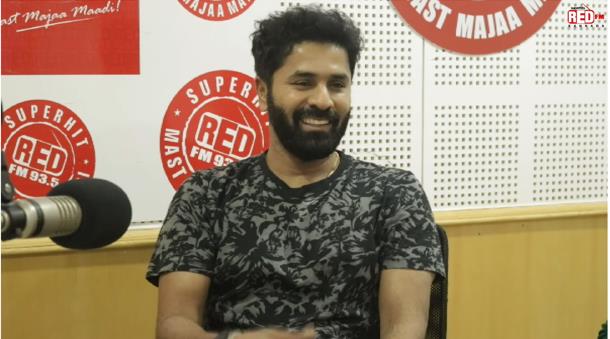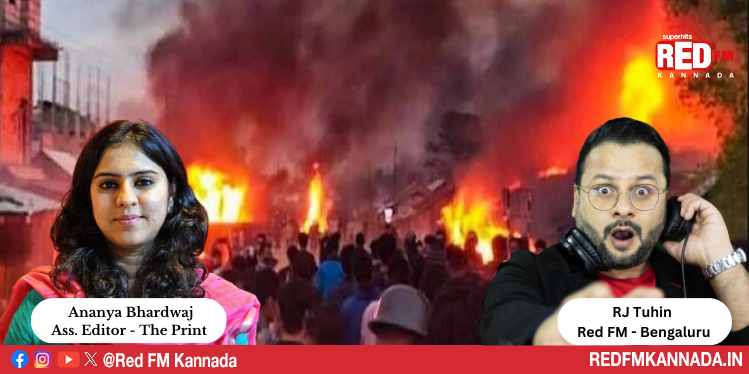The north-eastern Indian state of Manipur has been engulfed in a grave crisis, marked by escalating violence perpetrated by mobs. The situation has reached a critical point where both the state and central governments seem unable to quell the unrest. The violence stems from deep-seated community tensions that have erupted into large-scale clashes. Shockingly, the police, entrusted with maintaining law and order, have been accused of taking sides and supporting the interests of the warring communities, exacerbating the situation rather than diffusing it.
Article 355 of the Indian Constitution places a duty on the central government to protect states against internal disturbances, while the controversial Armed Forces (Special Powers) Act (AFSPA) grants the armed forces extensive powers in the region. However, during this period of violence, these legal provisions have failed to effectively address the situation. The violence has taken a grim turn with reports of mob members targeting those in police custody, resulting in extrajudicial killings. Moreover, looting and assaulting members of the opposite community have further escalated the tension and fear in the region.
The Manipur violence reflects a breakdown of law and order. Urgent and decisive action is needed from both state and central authorities to restore peace and protect the lives and properties of the affected communities. The situation calls for a comprehensive and empathetic approach to resolve the underlying issues and foster harmony among the people of Manipur.
Let’s hear the updates from Ananya Bhardwaj, Associate Editor at ‘The Print’ with RJ Tuhin.



















































